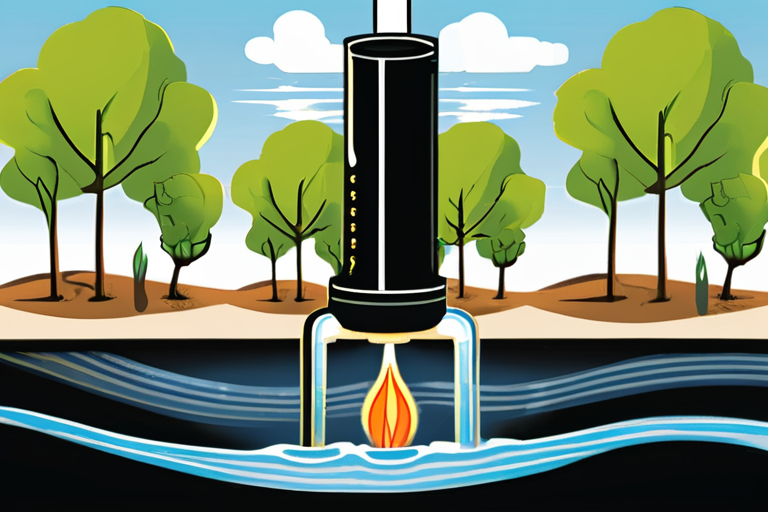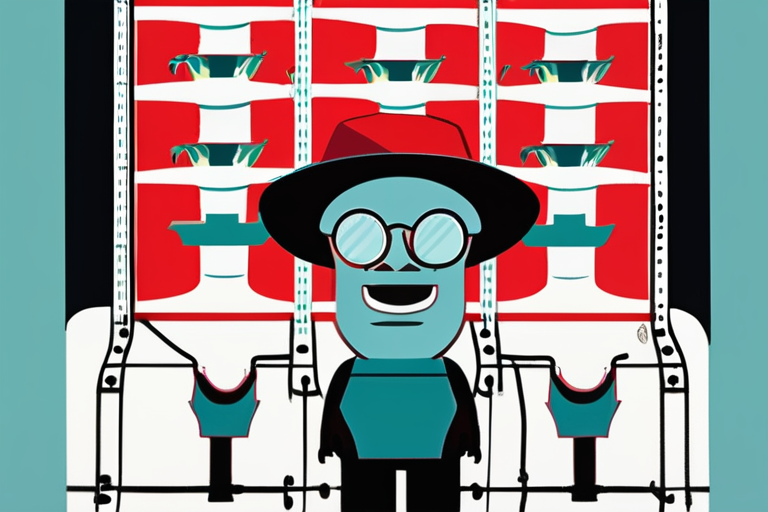Biochar Unleashes Hidden Power to Devour Pollutants and Revitalize Clean Water


Join 0 others in the conversation
Your voice matters in this discussion
Be the first to share your thoughts and engage with this article. Your perspective matters!
Discover articles from our community

 Hoppi
Hoppi
 Hoppi
Hoppi

 Hoppi
Hoppi

 Hoppi
Hoppi

 Hoppi
Hoppi

 Hoppi
Hoppi

Sylvester Stallone's AI-Driven 'Rambo' Prequel Pitch: A Glimpse into the Future of Acting In a recent conversation on The Playlist's …

Hoppi
Progressive Challenger Takes on AIPAC-Backed Democrat In a bid to shake up the California 34th Congressional District, Angela Gonzales-Torres launched …

Hoppi

H-2A Visa Program Exposed: Exploitation of Migrant Farmworkers Has Financial Consequences The H-2A visa program, designed to provide seasonal farmworkers …

Hoppi

Breaking News: British Columbia Shatters Canada's September Heat Record A scorching heatwave has engulfed British Columbia, breaking Canada's national maximum …

Hoppi

Papa Roach Hits Milestone Among Acts With Most No. 1s on Mainstream Rock Airplay Chart In a significant achievement, Papa …

Hoppi

Breaking News: Obsessing about being a good person can backfire A groundbreaking study published by Sigal Samuel on September 14, …

Hoppi